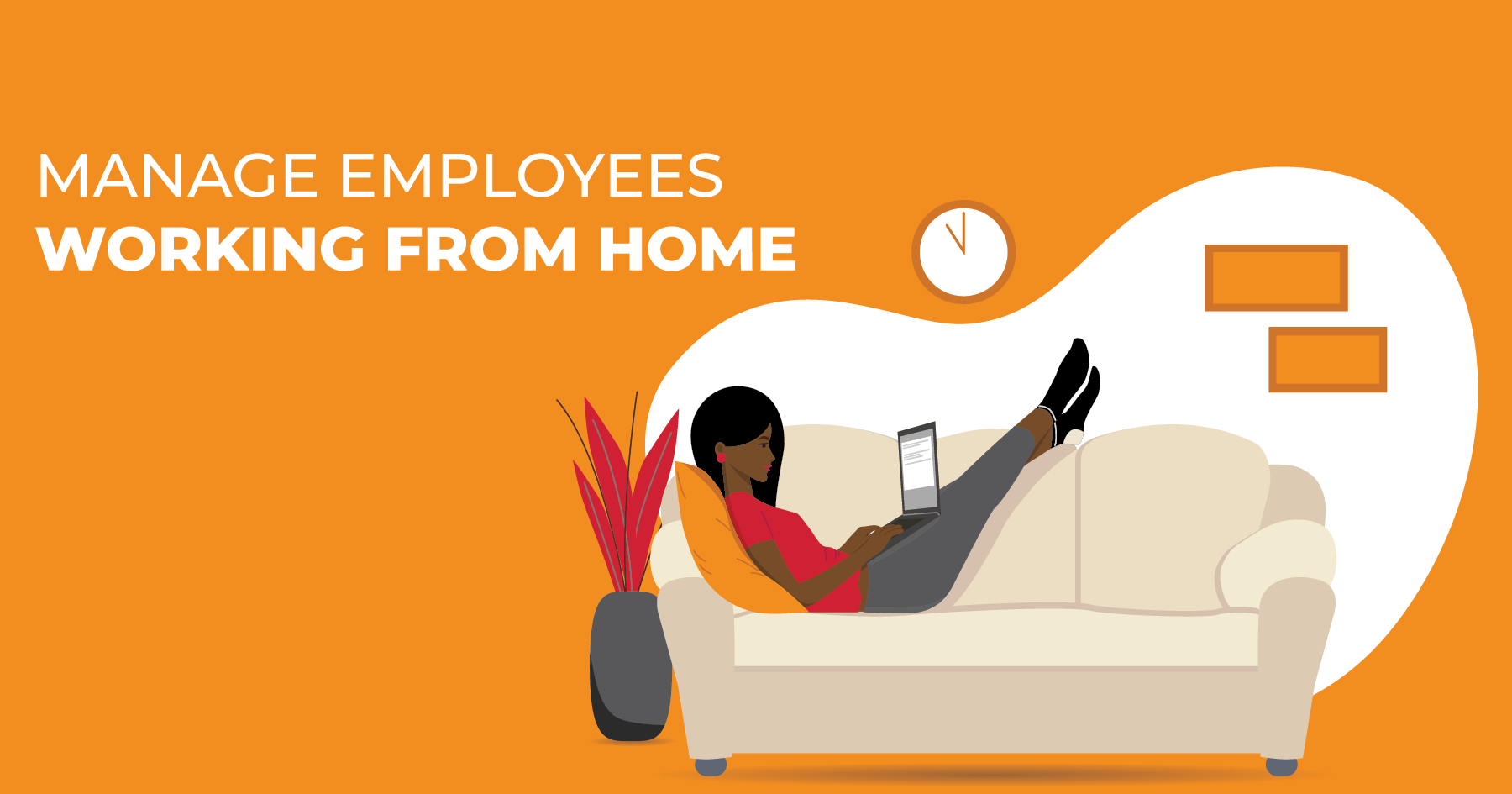The outbreak of Covid-19 has forced businesses to rethink their operations, employee productivity and business continuity. Governments in hard-hit countries have taken measures to confine people at home and enforce social distancing to reduce the spread of the virus. The Kenyan government has advised companies to allow their employees to work from home.
If you are an employer or manager whose team has never worked remotely before, this work-from-home directive might have caught you off guard and you are still reeling. Until now, only a handful of companies in the modern field of functioning, mainly IT and tech companies, offered the flexibility of employees working from home. However, it looks like companies will need to fast-track digital transformation to maintain effective operations now and in the future.
The Current Status
The BrighterMonday Millennial Report revealed that many professionals in Kenya prefer companies that offer flexibility as opposed to rigid structures. It also revealed that while millennials around the world preferred working remotely, most millennials in Kenya did not. The reason for this was high internet costs, reduced collaboration with team members and lack of necessary equipment. This means that if these issues were sorted, the Kenyan will enjoy working remotely like the global millennial.
How to Manage Employees Working from Home
Now that working from home is becoming a reality, here are tips on setting up a working-from-home system for your company and managing employees working remotely.
Employee Skills and Role
Consider each employee and their role in the company. Determine their key performance indicators and deliverables in their jobs. This will help you identify their needs and how to facilitate their performance working remotely.
Information Privacy Protection
One of the major concerns for your company is data protection. Ensure that employees adhere to data protection policies. Make it clear that the equipment provided is for official company business only. Also, ensure that you have an IT policy that is well understood by staff and install firewall software on laptops.
Have a Communication Plan
When staff work alone remotely, a sense of isolation is common. This is likely to slow down work or even make systems fail at times. Thus, putting up formal communication systems is crucial. Fortunately, there are collaboration tools like Slack, Skype, Trello, that your team can use to keep conversations going and monitor tasks. As a manager or employer, you can initiate daily stand-ups with teams to ensure daily tasks are completed.
Provide Appropriate Equipment
As the employer, you’re responsible for providing the necessary equipment to facilitate your employees’ tasks. They will need a computer, internet, airtime to communicate with clients, suppliers, colleagues and other stakeholders. While this might seem quite an investment at the beginning, it is worth keeping operations up and running.
Monitor Employees
Monitoring employees’ performance is crucial, especially when they are working remotely. Encourage regular reporting on KPIs and deliverables as this will help track performance trends and correct any issues early. At the same time, monitor customer satisfaction, new clients signups etc.
When All is Said and Done
The Covid-19 outbreak has tested the world’s way of life and is proof of how life can change within an instant. Businesses that will survive are those that will quickly adapt and make use of available technology to ensure continuity.





